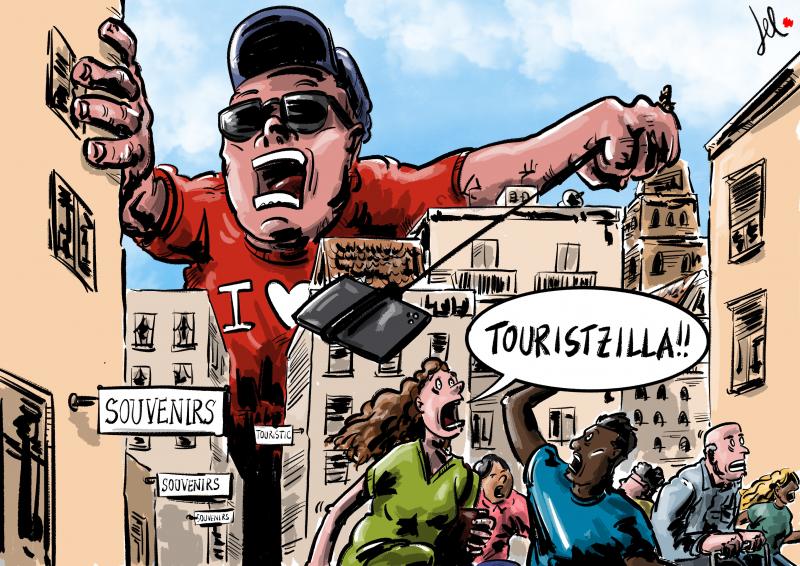The European tourist season is in full swing and, like every year, the massive influx of holidaymakers to the most popular areas is a subject of concern. Countries in Europe's south are among those most affected by the phenomenon: the Mediterranean basin welcomes several hundred million tourists a year, and is the world's leading vacation destination.
What used to be seen as a positive phenomenon, synonymous with economic prosperity, is now often experienced as a nuisance by residents of the most popular destinations. In Spain, Greece and Italy, protests are increasingly common. Overtourism affects many aspects of daily life: access to the property market, rising prices, overcrowding, environmental degradation, to name but a few.
Whether arrival quotas, tourist taxes or more creative strategies, local authorities and groups are expanding their range of solutions to limit arrivals. While some governments are now legislating to ease the burden on the worst-affected regions, limiting the phenomenon is often a headache, given the importance of the tourism sector to the economies – and politics – of the countries affected. In 2024, 10% of the European economy depends on tourism.
Do you like our work?
Help multilingual European journalism to thrive, without ads or paywalls. Your one-off or regular support will keep our newsroom independent. Thank you!
















